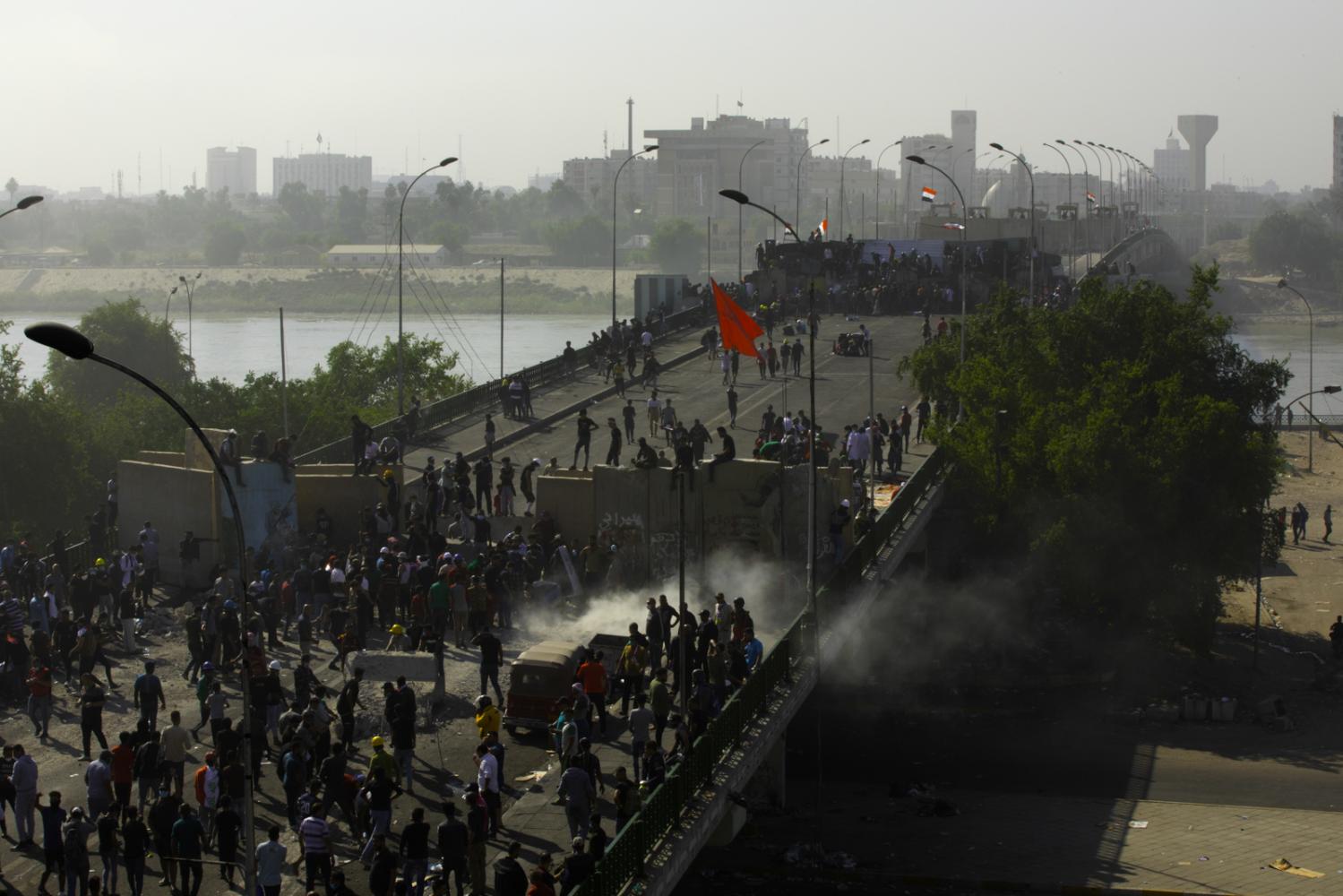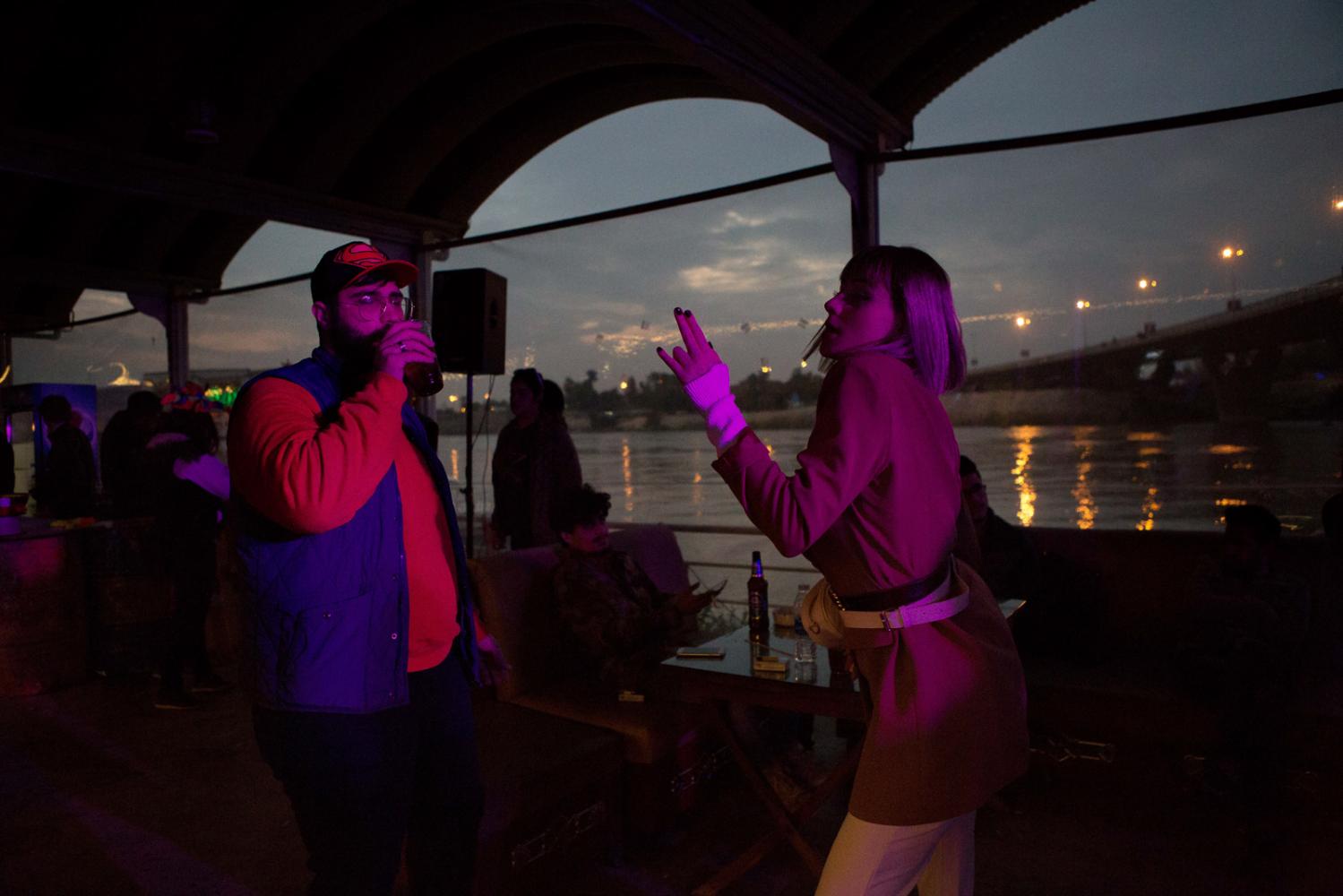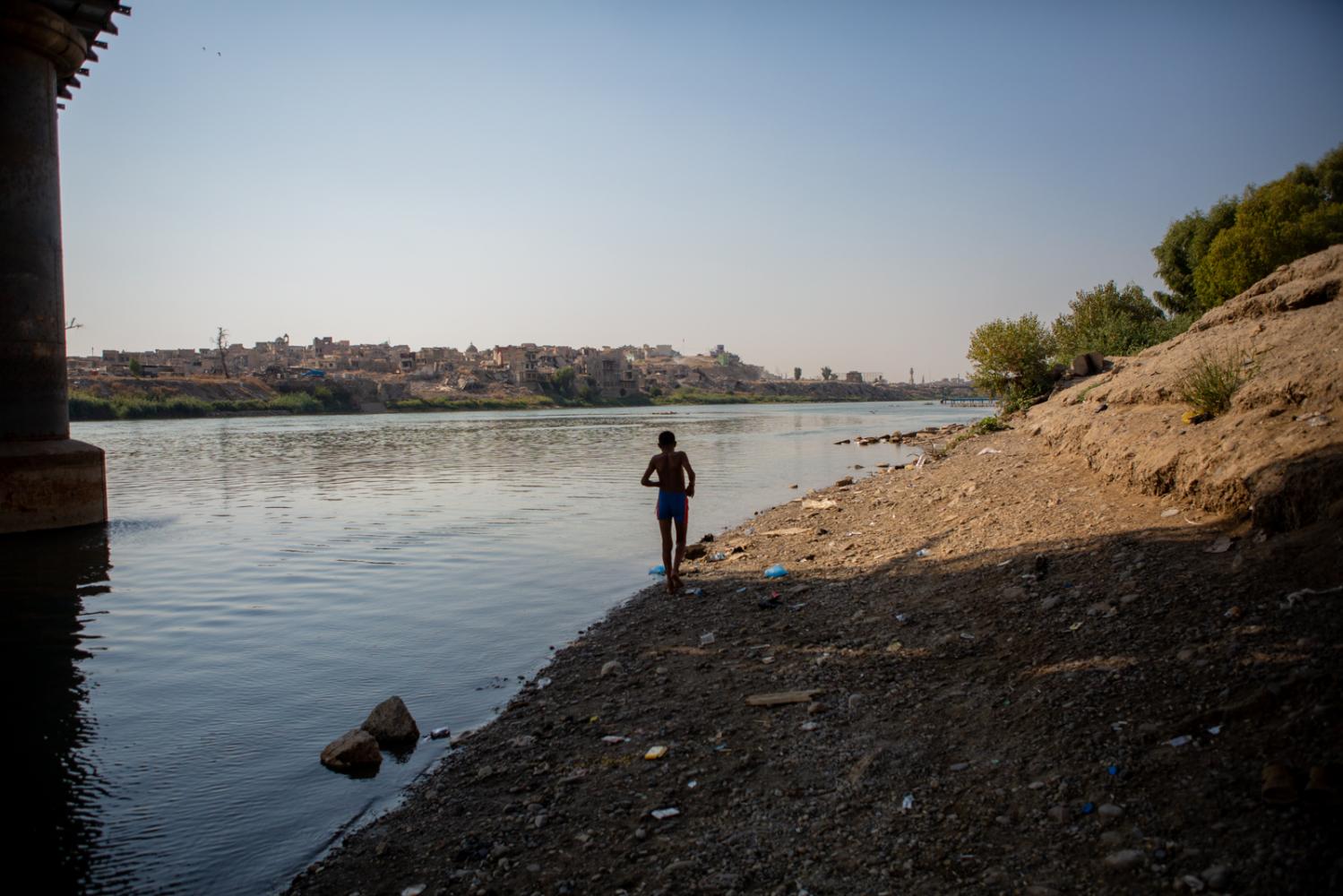My work took place mainly in the MENA (Middle East and North Africa) area, where I’ve photographed and documented people through compelling stories of struggle and resistance. My documentation work has focused mainly on the human side of conflicts and in recent years I increased my work on the climate crisis. I keep working on the how. How documented war, environmental destruction and gender conflicts shape people's lives, generating valuable stories of resilience. I tried to reshape the traditional narrative, for example seeing women from a different perspective: not as victims but as actors of change. During my trips, I always tried to give voice to civil society initiatives, like local radio stations in Iraq and Syria and associations founded by women such as legal and digital clinics for women and activists.
I left for Bosnia, where I learned to take my first steps alone. I had to understand if I was capable of staying alone in tough places far from home. I went through Turkey, where I experienced police violence for the first time and realised that journalists were not heroes. I was 25 years old and I was forming as a woman, my view of the world changed by the experiences of the places I passed through. I understood almost immediately the importance of networking, of having colleagues close by, of caring about each other even if we had only known each other for a few days. Because working together as a team helped me and made me lighter. It made me less lonely. That's how I met the colleague I still work with today.We interviewed the wives of the so-called Islamic State members in Syria and we did a report about the fight of Tunisian mothers seeking their sons and husbands gone missing in the Mediterranean sea. I focused on Iraq where I covered the Mosul and Raqqa offensive. I want to narrate the new generations because we need to change the narratives in the media. And we are the first ones who have to do it, for example by telling that a future for Iraq is possible and starts from and with young people. We followed the protests in October 2019 by producing a documentary for which I am grateful. We lost friends in those days, friends we are still trying to find again. We have been working on pollution for years, following young activists along the Tigris and Euphrates rivers. We have produced two multimedia works of which I am proud.
The reasons why I decide to tell a story instead of another lies within ourselves, our fears, our joys and our curiosity. The same curiosity that brings us to report a given event, to understand why some decisions are taken. I refer to that eagerness to see, to acknowledge, to be present. The very idea of being able to change this world, whilst our highest yearning can only be to make the littlest change.












